It’s the bilateral summit every European leader wants to be at.
And for good reason. On Friday, Donald Trump is scheduled to meet Vladimir Putin in Alaska to discuss ending the war in Ukraine.
Territorial concessions will likely be discussed, and Europe (not least Ukraine) doesn’t want its borders to be redrawn through force.
But, as things stand, there are no invites for the country being invaded, nor the continent it sits in.
“Brace ourselves for some pretty outrageous Russian demands,” warns Lord Simon McDonald, a former head of the UK Foreign Office.
“It will be theatrical,” he adds. “Putin is going to ask for things that nobody else would concede – with the possible exception of Donald Trump.”
President Zelensky has said he won’t agree to the giving up of any land, or even freezing the conflict along the current front lines.
His argument is that it won’t slow a Russian war machine that has waged a full-scale war for more than three and a half years. Concessions, he claims, would only speed it up.
“It’s clear Putin wants a photo with the most influential people on Earth, which is President Trump, and he wants sanctions to be postponed, which he’ll probably get,” the EU’s foreign policy chief, Kaja Kallas, tells me.
“The question is, what is success for the US in the meeting?” she asks. “If President Zelensky is there, it would be a clear success.”
But if Ukraine’s leader isn’t at the Alaskan table, how might the Kremlin’s proposals be challenged?
“He could go,” said the US president on that possibility. But Kyiv and Europe want it to go from a “maybe” to a “yes”.
Adding to their anxiety is the one-on-one format being a Kremlin idea the White House agreed to.
Brussels’ European Quarter isn’t its usual flurry of political activity during August, but these US-Russia talks have changed that.
On Monday, Kallas hosted a virtual meeting of foreign ministers where they called for an unconditional ceasefire before any deal. New sanctions for Moscow were announced as well.
I asked Kallas what she thought Donald Trump meant by suggesting some land could be swapped.
“We have to ask President Trump,” she says. “But it is clear an aggressor can’t be awarded for aggression. Otherwise, we will just see more aggression around the world because it pays off.”
Europe is trying to do two things: rally around Ukraine, as well as muscle in on this American-led peace process.
Whether or not Zelensky does make the trip, the door for Europe has firmly remained shut since Trump retook office at the start of the year.
At the time his envoy to Ukraine, Keith Kellogg, said the bloc wouldn’t be involved in any peace talks. It’s a position the Europeans have been unable to change through diplomacy.
Their relationship with the US has still improved, not least with significant increases in their defence spending. But Radoslaw Sikorski, Poland’s foreign minister, believes they need a more central role.
“This is a matter of existential European security interest,” he explains.
“We appreciate Trump’s efforts but we’ll be taking our own decision in Europe too.
“A simple ceasefire would not resolve the problem.”
German Chancellor Friedrich Merz has secured a remote sit down between European leaders, as well as Volodymyr Zelensky and Donald Trump, this Wednesday.
They hope to be consulted on America’s plan to end Russia’s invasion, but ex-UK Foreign Office head Lord McDonald would be surprised to see a last-minute European invite for Friday.
“The end will be as protracted as the war has been long,” he warned.
“The meeting is a milestone, but it doesn’t actually mean it will lead anywhere.”


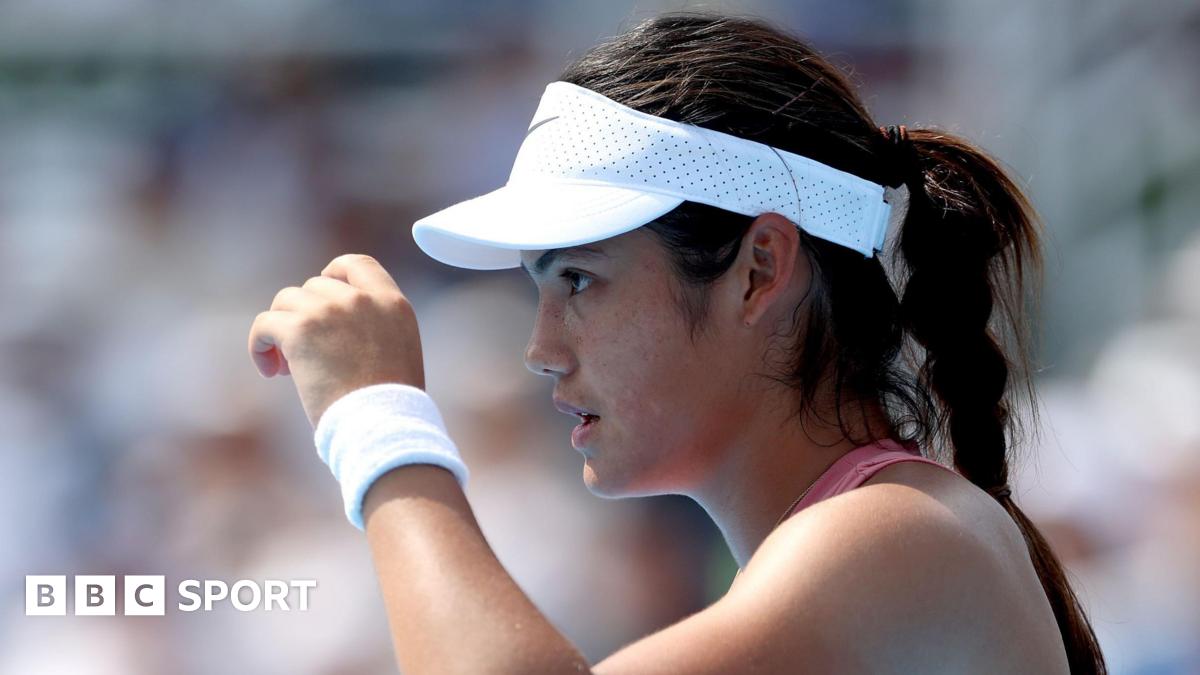
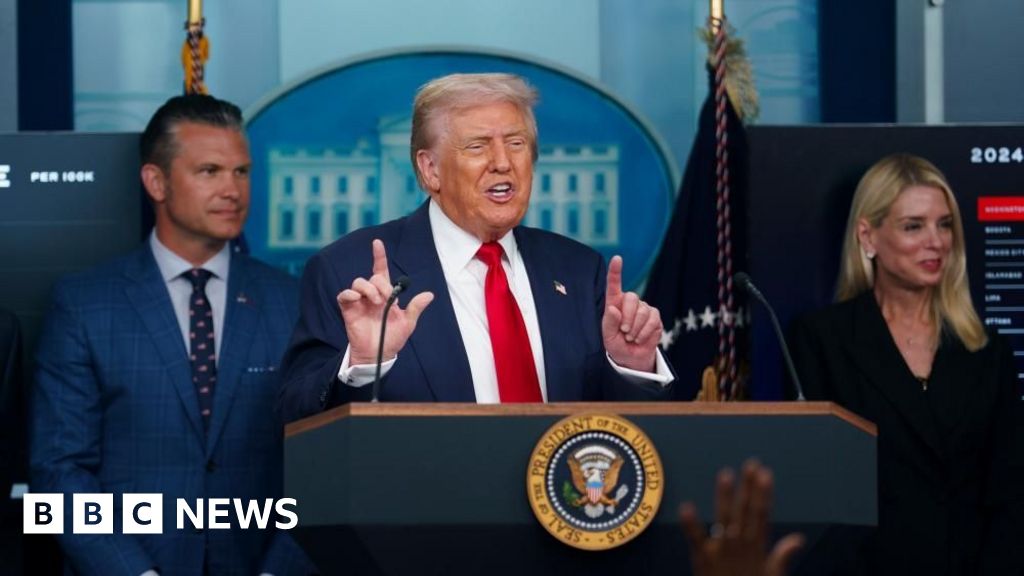
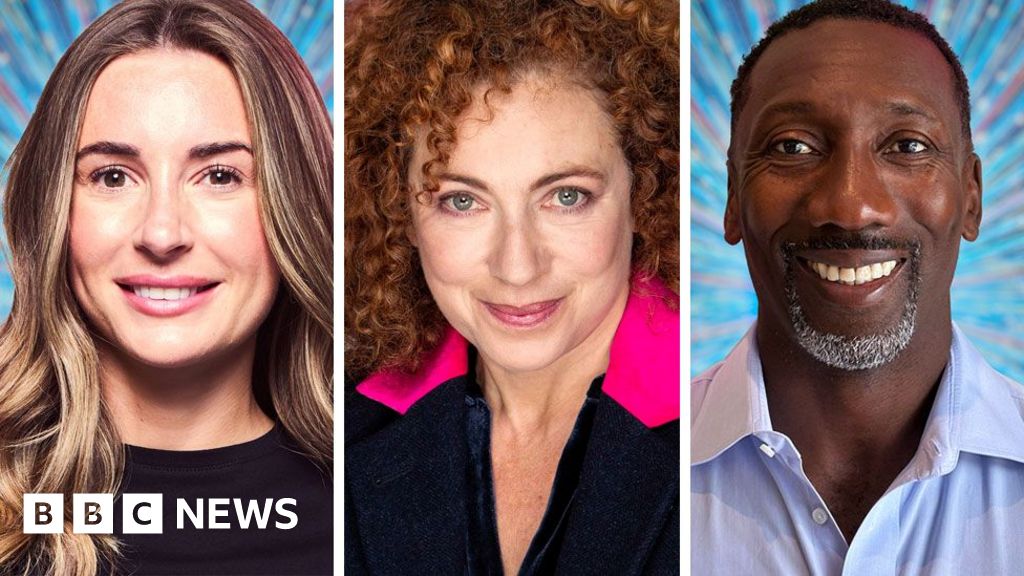

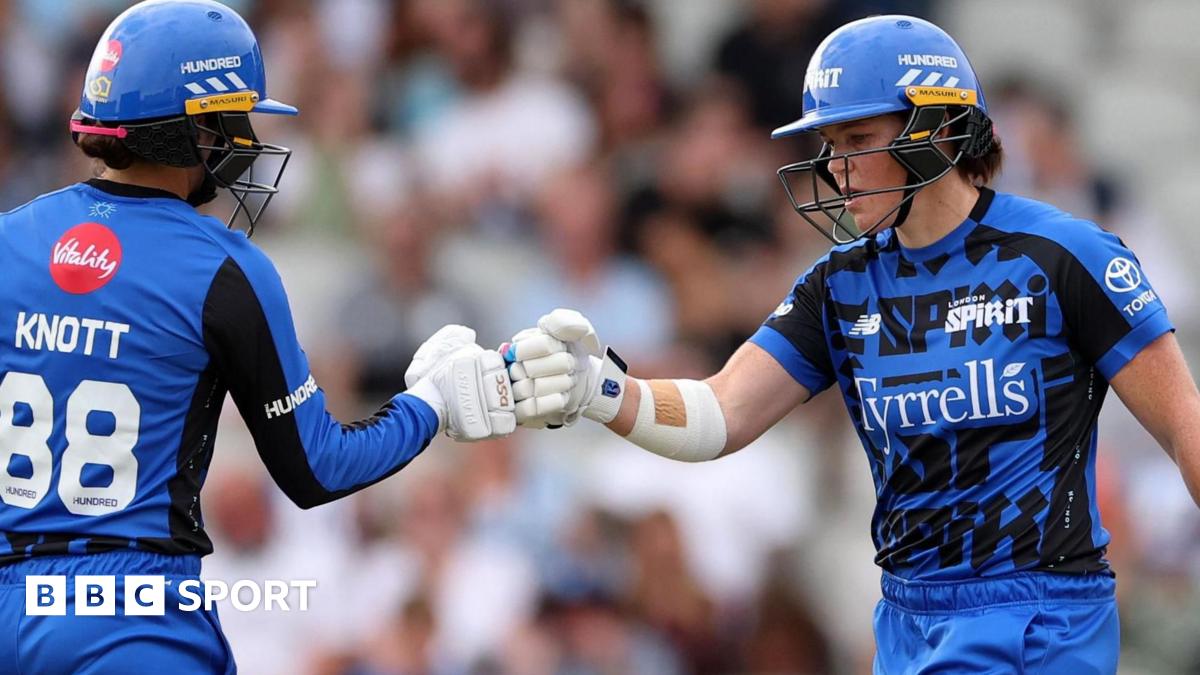
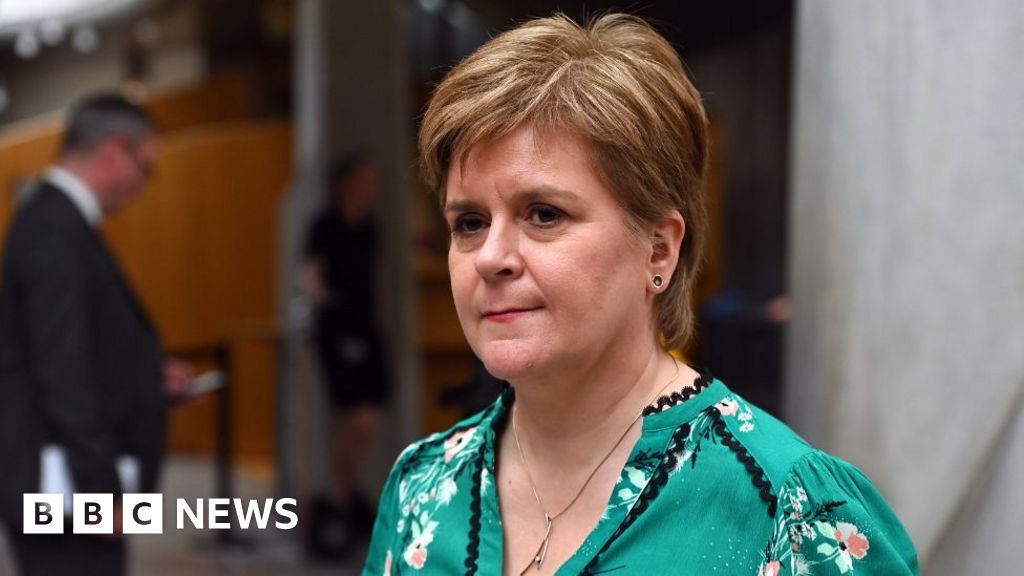
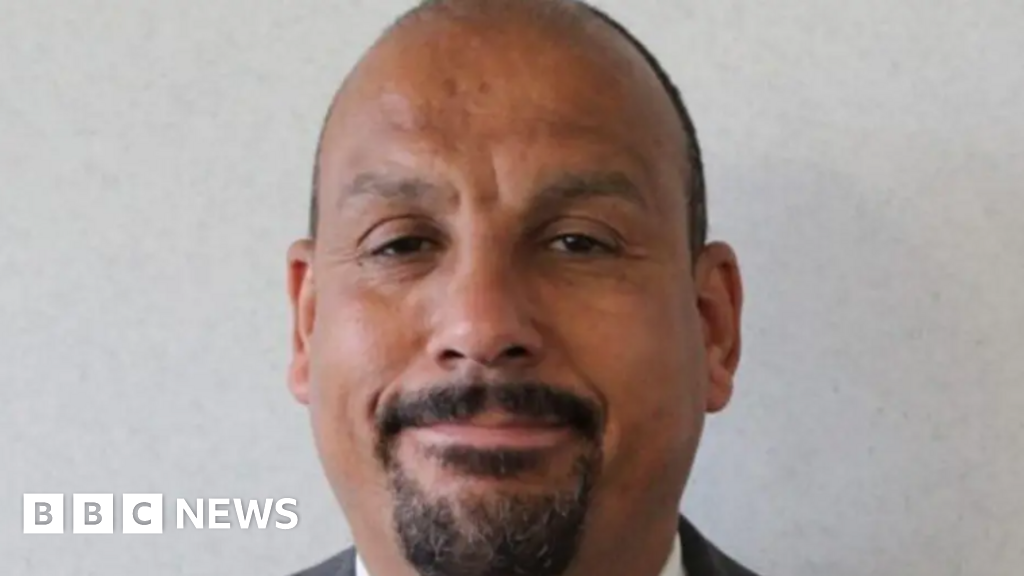
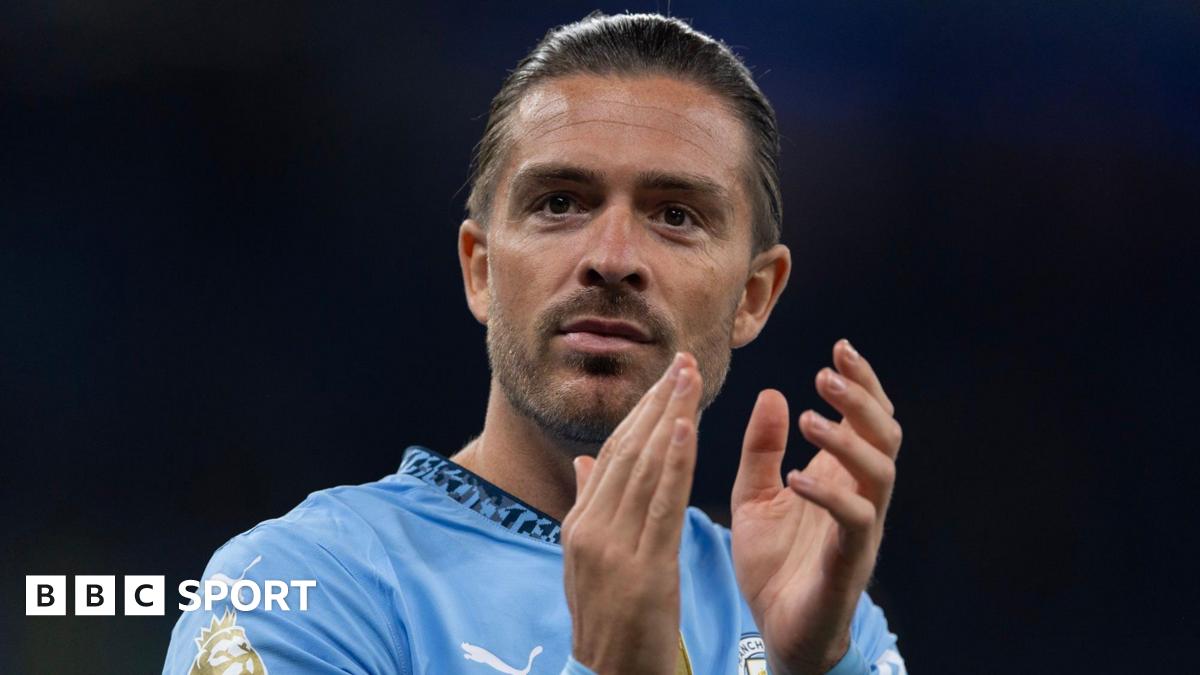
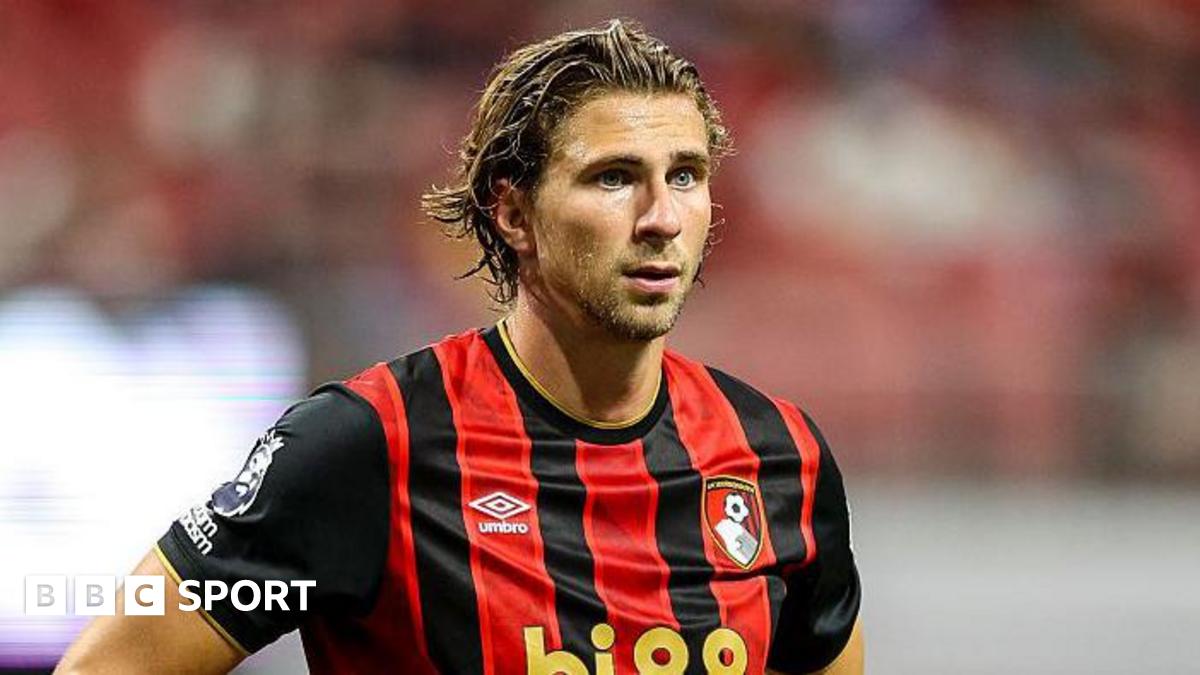




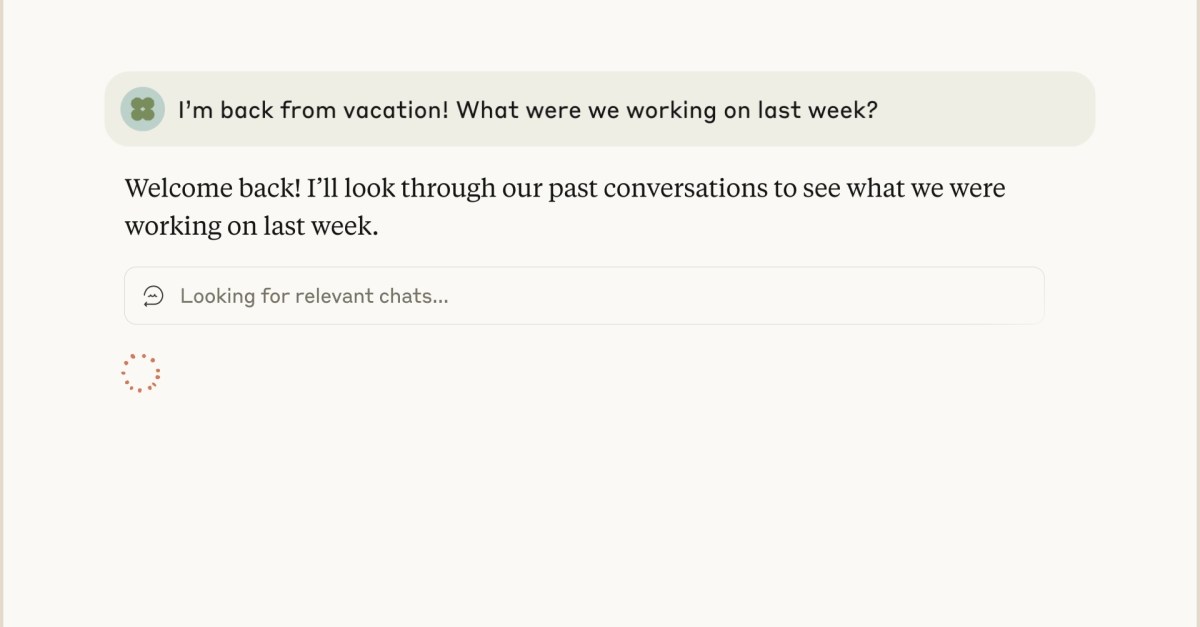
Leave a Reply